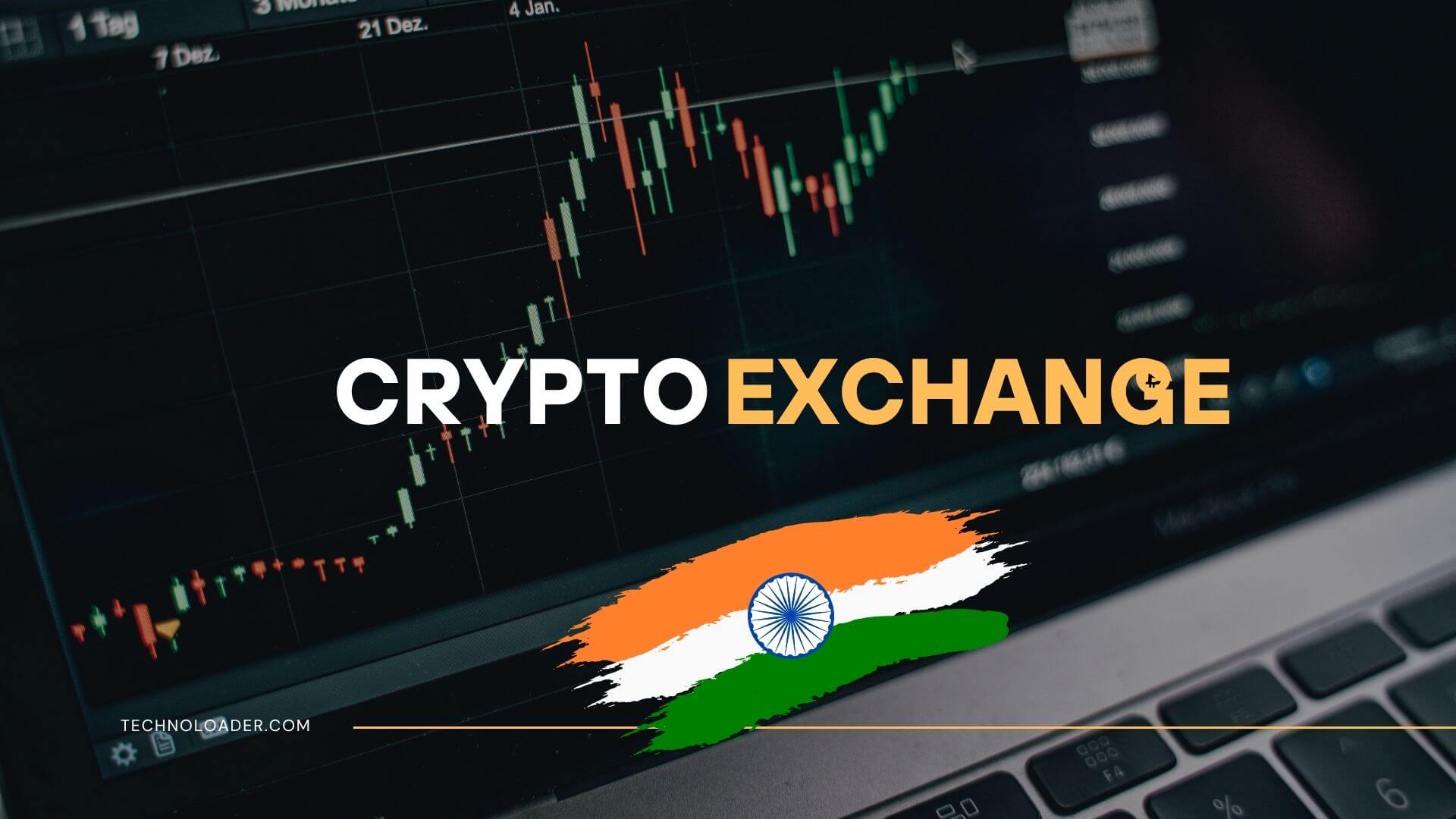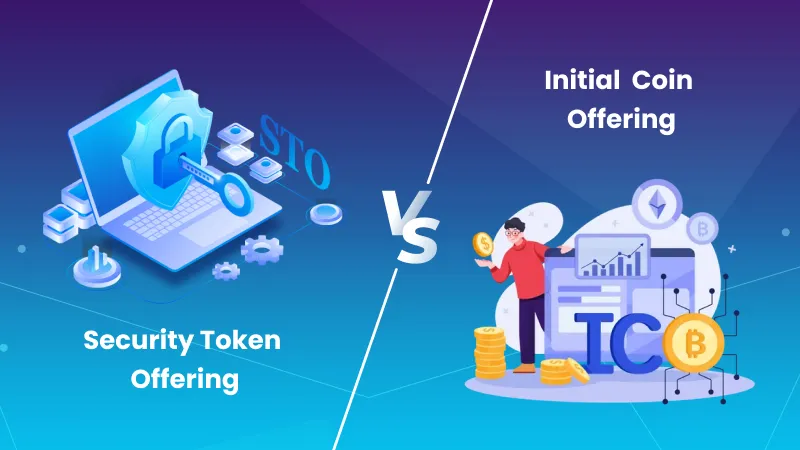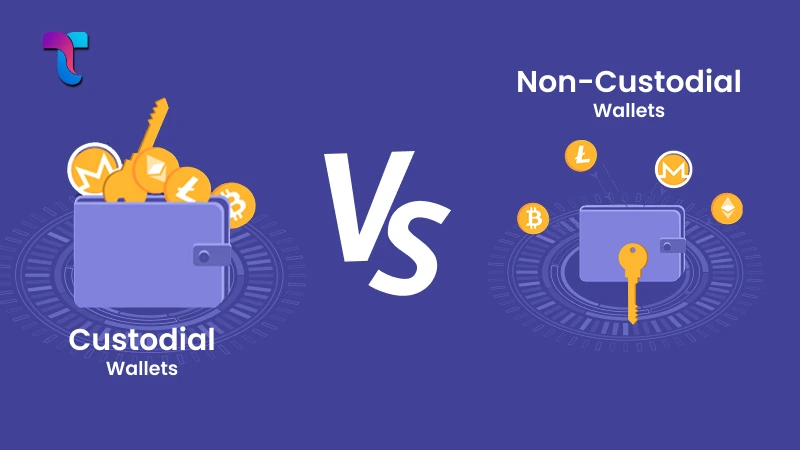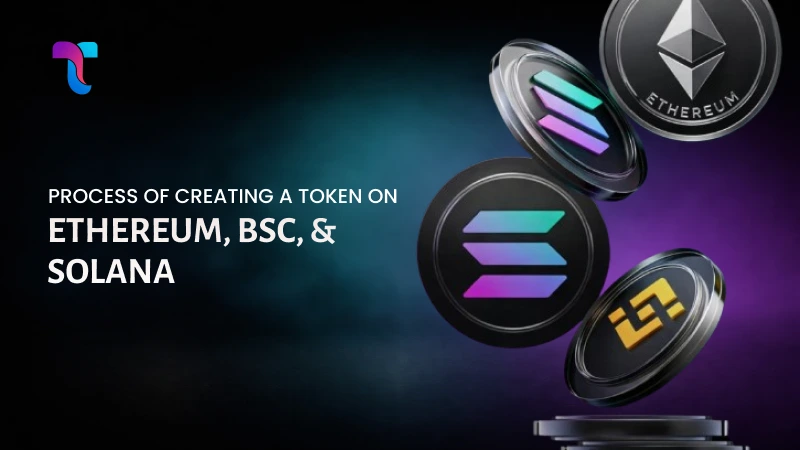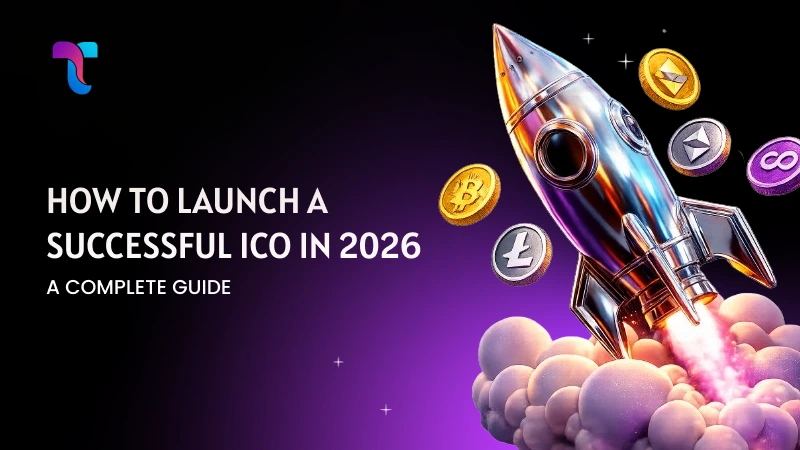Key Takeaways: India is one of the world’s largest crypto markets in 2026, with around 119 million users, so choosing the right exchange matters more than ever. FIU-IND oversight has…
Key Takeaways: Both ICOs and STOs are blockchain-based fundraising models, but slightly differ in terms of regulation, investor rights, and risk levels. ICOs offer smooth fundraising, global accessibility, lower setup…
Key Takeaways: Private key ownership is the fundamental difference between custodial and non-custodial wallets. In custodial wallets, a third party controls the keys, while non-custodial wallets give users complete ownership…
Key Takeaways: Blockchain brings transparency to crypto MLM platforms by recording every commission, referral, and transaction on an immutable ledger. This allows participants to independently verify their earnings and ensures…
Key Takeaways: In 2026, creating a crypto token will become easier than ever, due to advanced blockchain tools and standardized token frameworks like ERC-20, BEP-20, and SPL. Ethereum, BNB Chain,…
Key Takeaways: ICOs are a strong fundraising method in 2026 because they give startups direct access to global investors without relying on banks or VCs. A successful ICO starts with…
 +91 7014607737
+91 7014607737
 info@technoloader.com
info@technoloader.com
